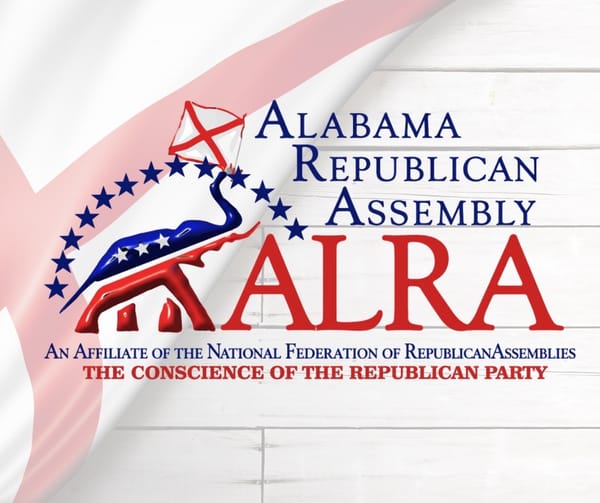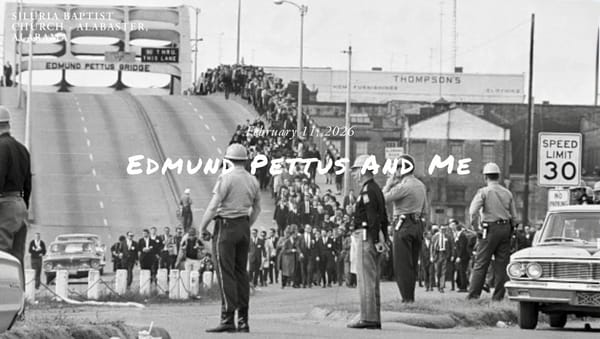Fifth Circuit Rules Libraries Can Remove Books Based on Content
Decision reverses lower Court decision, holds library collections are “government speech”

The U.S. Court of Appeals for the Fifth Circuit ruled Friday that public libraries have the right to remove books based on their content, overturning a district court’s decision in a case involving Llano County Library in Texas.
In a 10-7 en banc decision, the court determined that library collection decisions constitute "government speech" and are therefore not subject to First Amendment challenges. Judge Stuart Kyle Duncan, writing for the majority, stated, "Plaintiffs cannot invoke a right to receive information to challenge a library's removal of books."
Judge Duncan further stated that the First Amendment does not guarantee a right to receive information from government-funded sources.
“Yes, Supreme Court precedent sometimes protects one’s right to receive someone else’s speech,” Duncan wrote. “But plaintiffs would transform that precedent into a brave new right to receive information from the government in the form of taxpayer-funded library books. The First Amendment acknowledges no such right.”
The case originated in 2022 when Llano County officials removed 17 books from the public library system, citing concerns over content related to race, sex, and LGBTQ+ themes. Seven library patrons filed a lawsuit, arguing that the removals violated their First Amendment rights. A District Court initially sided with the plaintiffs, ordering the books to be returned to the shelves.
The Fifth Circuit's ruling overturns that decision. The Court emphasized that while individuals have a right to receive information, this does not extend to a right to access specific materials in public libraries. Judge Duncan noted, "No one is banning (or burning) books" by removing them from libraries, as they remain accessible through other means.
The Court dismissed concerns that removing books could lead to censorship, calling such fears “unusually over-caffeinated arguments.”
“Judging from the rhetoric in the briefs, one would think Llano County had planned to stage a book burning in front of the library,” the ruling stated. “All Llano County has done here is what libraries have been doing for two centuries: decide which books they want in their collections.”
The Fifth Circuit emphasized that public libraries have historically selected materials based on what they deem “worthwhile literature.”
“From the moment they emerged in the mid-19th century, public libraries have shaped their collections to present what they held to be worthwhile literature,” the Court wrote. “Their collection decisions are therefore government speech.”
The ruling also noted that readers who cannot find a book in one library are free to seek it elsewhere.
The Court’s decision has sparked concern among free speech advocates. Katherine P. Chiarello, an attorney for the plaintiffs, expressed disappointment, stating, "It is very disappointing that, today, the Fifth Circuit has regressed from its long-standing protection of a citizen’s right to receive information under the First Amendment."
This decision creates a split among federal appellate courts, as the Eighth Circuit has ruled differently on similar issues. Legal experts suggest that the divergence increases the likelihood of the U.S. Supreme Court reviewing the matter to resolve the conflicting interpretations of the First Amendment's application to public libraries.
The ruling also noted that readers who cannot find a book in one library are free to seek it elsewhere.
The case closely resembles the ongoing conflict between the Alabama Public Library System Board and some Alabama libraries over the removal of books deemed “inappropriate.” Given the expected appeal to the U.S. Supreme Court, all parties will be following this issue closely.




